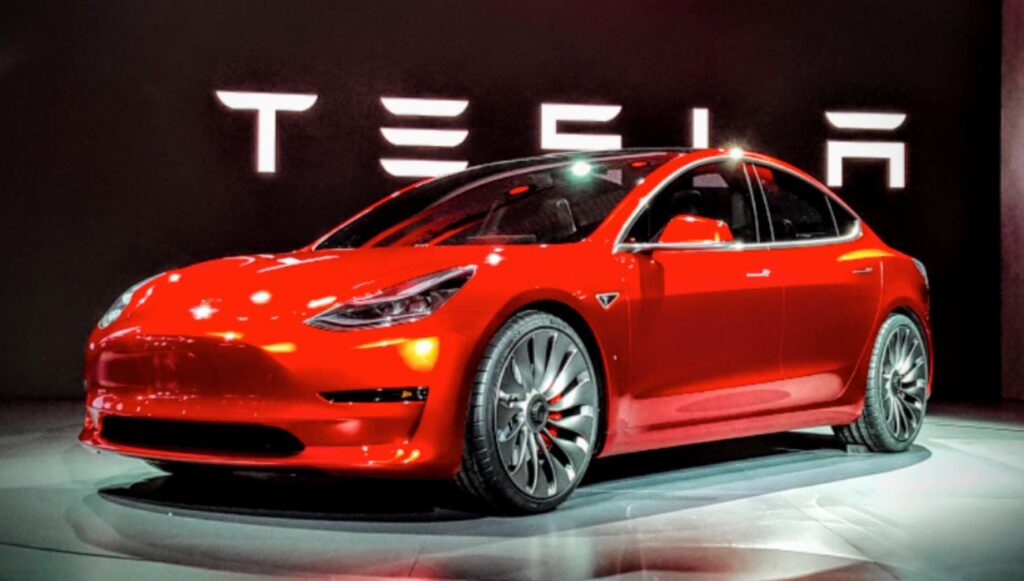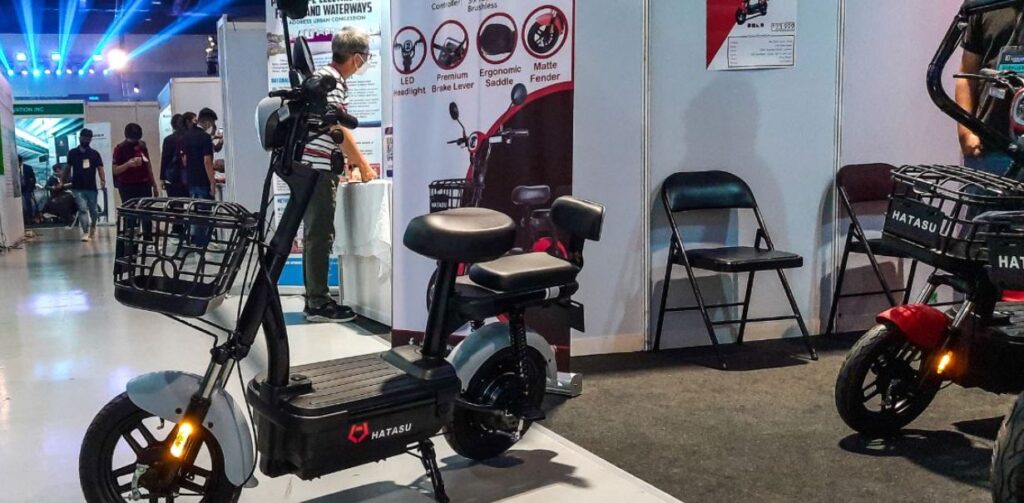Lithium batteries are particularly well-suited for applications that require high energy density, lightweight design, fast charging and discharging, longer cycle life, and low self-discharge rates. Here are some specific requirements and applications where lithium batteries are commonly preferred:
- Portable Electronics: Devices like smartphones, laptops, tablets, cameras, and wearable gadgets benefit from lithium batteries due to their compact size, light weight, and ability to provide sufficient energy to power these devices for extended periods without frequent recharging.
- Electric Vehicles (EVs) and Hybrid Vehicles: Lithium batteries are a crucial component of electric vehicles and hybrid vehicles due to their high energy density, which allows for longer driving ranges on a single charge. Additionally, their ability to handle rapid charging and discharging supports the demands of EV acceleration and regenerative braking.

- Aerospace Applications: Lithium batteries are used in aerospace applications, such as satellites, drones, and electric aircraft, where weight reduction, energy efficiency, and reliability are essential.
- Power Tools: Cordless power tools rely on lithium batteries for their ability to deliver high power output and fast charging, allowing professionals to work efficiently without the limitations of cords.
- Renewable Energy Storage: Lithium batteries can be employed to store energy generated from renewable sources like solar panels and wind turbines. Their high energy density and cycle life make them suitable for storing excess energy for use when the renewable sources are not producing power.
- Medical Devices: Portable medical devices, such as portable oxygen concentrators, defibrillators, and insulin pumps, benefit from lithium batteries’ compact size and long operational life.
- Consumer Electronics: Lithium batteries power a wide range of consumer electronics beyond smartphones and laptops, including e-readers, wireless headphones, Bluetooth speakers, and handheld gaming devices.
- Uninterruptible Power Supplies (UPS): Lithium batteries are being used in UPS systems due to their ability to provide reliable backup power in a compact form factor, which is especially important in data centers and critical infrastructure.
- Marine and Recreational Vehicles: Lithium batteries are chosen for marine applications and recreational vehicles due to their ability to provide high power output for starting engines, as well as their extended cycle life and resistance to vibration and shock.
- Remote Sensing and Monitoring Devices: Lithium batteries are used in devices like remote sensors, tracking devices, and remote weather stations where long operational life and reliability are key.
- Electric Bikes (E-Bikes): E-bikes benefit from lithium batteries for their lightweight design, high energy density, and ability to provide the necessary power for electric assistance while riding.

- Grid Energy Storage: In large-scale grid applications, lithium batteries can store excess energy during off-peak hours and release it during peak demand periods, helping to stabilize the grid and improve overall efficiency.
It’s important to consider the specific requirements of each application when choosing between lithium batteries and other battery technologies, as well as to address safety considerations, battery management systems, and environmental factors.




